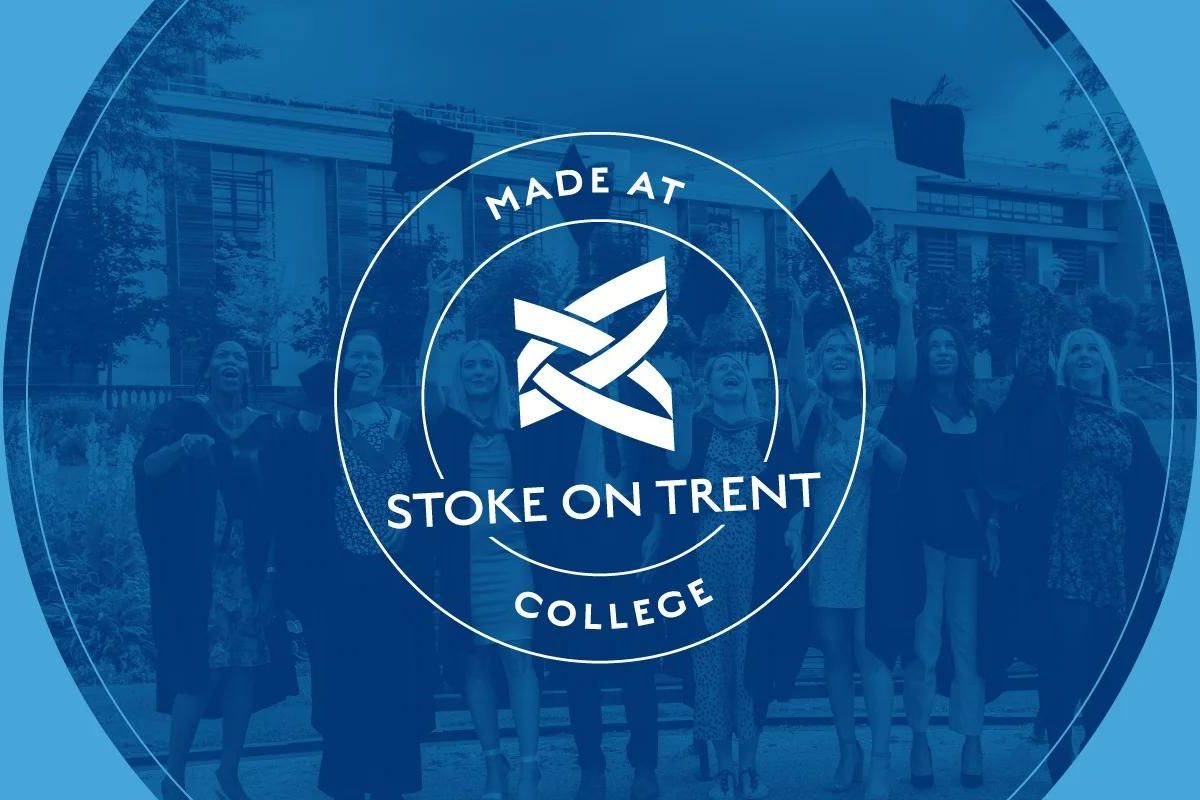How to Make Your Business More Appealing to Graduates in 2022

In the world in which we live, making your business attractive and appealing to prospective employees has never been more complex.
The events of the pandemic, social movements calling for change in regard to equality, and a worldwide commitment to a reduction in greenhouse gases have all shaped a future of what businesses should look like, making it drastically more difficult for employers – or has it?
With this in mind, are you aware that there are more than 27,000 average monthly searches on Google for graduate jobs in the UK?
In this article, we, take a look at how you can make your business more appealing to graduates, creating a business that millennials and gen zs are not only susceptible to accepting a contract from but, are actually proud to work for, and willing to become ambassadors of.
Why your business needs graduates
The first thing worth considering is why your business needs graduates. Well, there are a number of different reasons why you should make it a priority to open your business up to this demographic.
Despite the fact graduates may lack workplace experience ‒ which is often considered a drawback ‒ one of the most advantageous aspects of introducing them to your organisation is the wealth of fresh ideas and a new perspective they bring with them. The university environment encourages innovation and forward thinking, something fresh in the memory of recent graduates, and something which this group of individuals will offer your business.
Furthermore, if your business happens to lack some of the essential technological pizzaz deemed crucial across many industries nowadays, you are likely to find this through a graduate. This generation has grown up with internet and technology as the norm and many have a particularly strong grasp of technologies and relevant software.
Finally, according to a report by the Higher Education Statistics Agency, the current average graduate salary in the UK is £24,000 – meaning you’re likely to be able to snap up some real talent for a fraction of the price associated with a more experienced member of staff.
Making your business graduate-friendly
So, without further deliberation, let’s get into what you can do:
Organise your social channels
Perhaps you’ve already sculpted an idealistic social media environment but, if you haven’t, this should be one of the first considerations when trying to make your business grad-appropriate. This generation are likely to use your social platforms as their first port of call when researching your brand. While your business might not be one whose results hinge on the maintenance of platforms such as LinkedIn and Facebook, that’s where they’ll be looking.
If you are to resonate with a certain demographic, then you need to exist where they operate.
That said, don’t make the mistake of suggesting your company is something it’s not on social. This is your chance to highlight your business qualities, your values, and your culture – without creating a false impression of your business.
Flexible, hybrid working
While there have been calls for this approach to be implemented for many years, it only really gathered pace during the pandemic and for many industries and businesses, it looks set to stay. Lockdown gave employees the opportunity to spend more time working from home and in many cases, it proved a success, not only for employees but for employers, who now have a happier, more job-satisfied workforce. Graduates will undoubtedly welcome this home-office split with purse protection a much-added bonus, as working from home saves money on the commute and typical takeaway lunches.
Similarly, the flexible aspect of working, which enables staff to break away from the traditional 9-5 norms, is proving particularly popular with younger generations keen to enhance their work-life balance.
According to Deloitte’s Millenial and Gen Z Survey 2021, approximately half of this demographic expect to see friends and family more now than pre-pandemic.
Training
While we’ve previously discussed the fact that you will be able to scope cheaper labour by investing in graduates, this is not to suggest that you don’t need to support them through appropriate training. A graduate training scheme is essential to marry up the knowledge obtained through a university degree and that which is required to fulfil their role.
This is by no means just a benefit to your graduate employees. It will also benefit your business, as you’ll reap the reward of having highly skilled staff in your ranks. Foster a feeling of ambition and innovation among your workforce through implementation of a training programme that invests in your staff and the future.
This is further supported by establishing a clear development plan that your staff can plot their progress against – graduates want motivation, and they want to know where their efforts will take them.
Social & environmental consciousness
The environment is the second most pressing concern of millennials and gen zs, suggesting it’s something that’s high up on the list of graduate priorities. 44% and 43% of millennials and gen zs, respectively, suggested that the environment had reached a point of no return – highlighting the need for businesses to demonstrate their efforts to reduce greenhouse gasses and overall damage to the environment.
Similarly, two-thirds of this demographic believe that wealth and income are unequally distributed across society while approximately 60% “see systemic racism as very or fairly widespread in general society.” If businesses are to resonate with these groups, they need to show not only an investment in the tackling of societal issues but a genuine care too.
Whether you’re in the defence sector fulfilling blue light tenders or the hospitality sector providing catering, your company will benefit from the addition of graduate talent.
So, there you have it – a handy guide on to how to make your business more appealing to graduates. All that’s left to do is start implementing some of these ideas and look forward to the growth in graduate applicants.











Responses